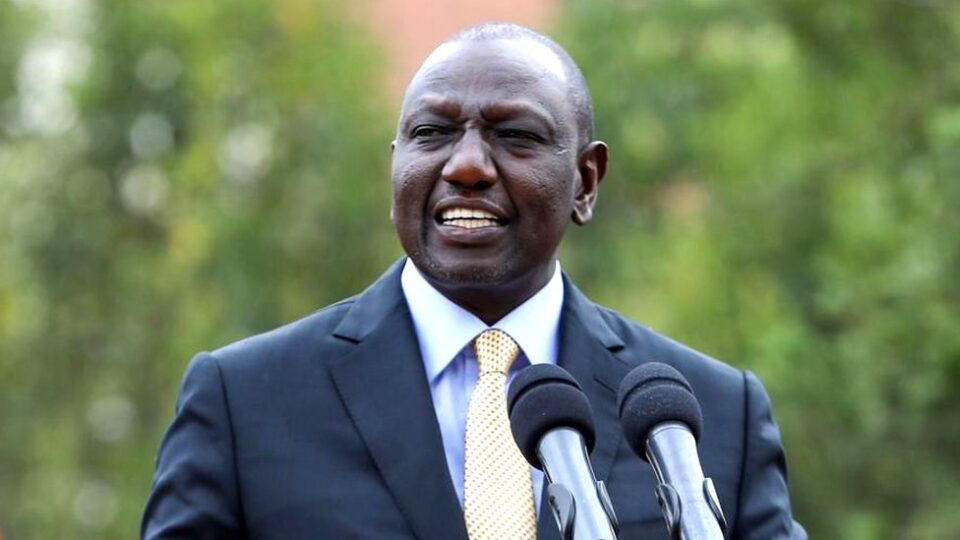By Judy Maina
NAIROBI, Kenya — Kenya’s Supreme Court is preparing to deliver a pivotal ruling on a constitutional petition that could alter the nation’s electoral calendar and redefine presidential term limits.
The case, brought by a group of petitioners, seeks to compel the Independent Electoral and Boundaries Commission (IEBC) to conduct the next general election in August 2026, rather than the widely anticipated date in 2027.
The petitioners, including lawyer Dr. Owiso Owiso, activist Khelef Khalifa, and lawyer Ashioya Biko, argue that President William Ruto’s term, which commenced in August 2022, should conclude in August 2026.
They contend that extending the term beyond this date would violate constitutional provisions and infringe upon the rights of voters under Article 38(2) of the Constitution.
Opposition leader Raila Odinga has filed a response urging the Supreme Court to dismiss the petition, labeling it an abuse of the court process. Through his lawyer, Paul Mwangi, Odinga asserts that the issues raised have already been settled in previous court cases and cannot be revisited.
He emphasizes that the Court of Appeal has affirmed that the second Tuesday of August in the fifth year is the correct election date, aligning with the constitutional stipulation of a five-year term.
Attorney-General Dorcas Oduor has also opposed the petition, describing it as flawed and potentially destabilizing to Kenya’s political framework.
In a formal legal objection submitted to the Supreme Court, she argues that the constitution clearly stipulates a five-year presidential term, positioning the next election in 2027.
Businessman and opposition politician Jimi Wanjigi, listed as an interested party, supports the petition.
Through his lawyer, Willis Otieno, Wanjigi warns that the prevailing confusion and uncertainty surrounding the election date pose a grave threat to the constitutional order and could lead to political instability.
He urges the Supreme Court to provide an authoritative interpretation to resolve the ambiguity.
According to observers, the Supreme Court’s decision is expected to have significant implications for Kenya’s political landscape, potentially affecting electoral preparations, campaign strategies, and the overall democratic process.





